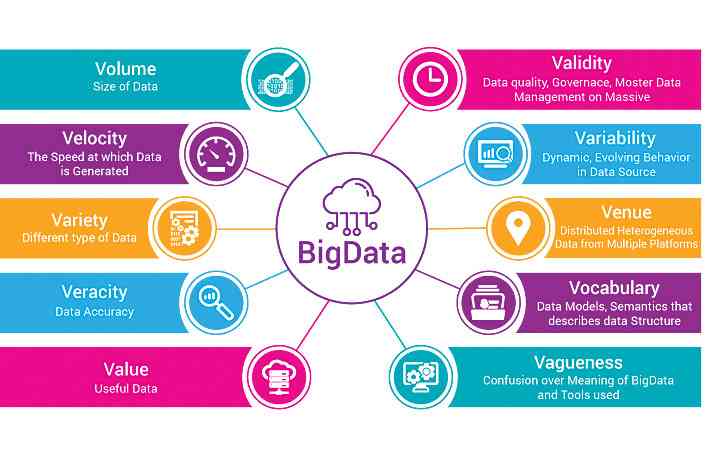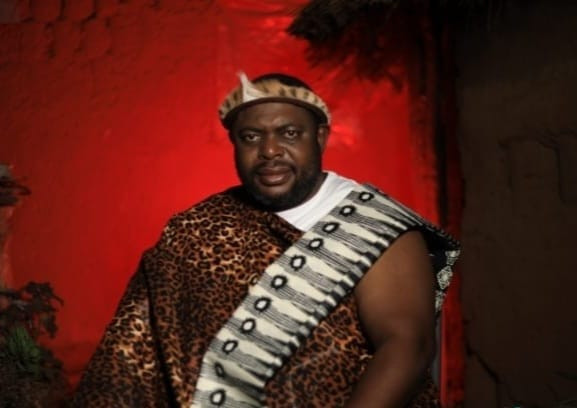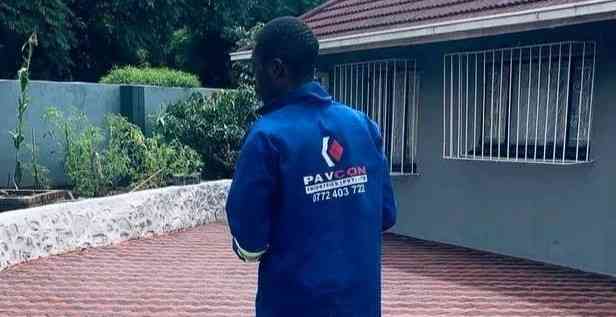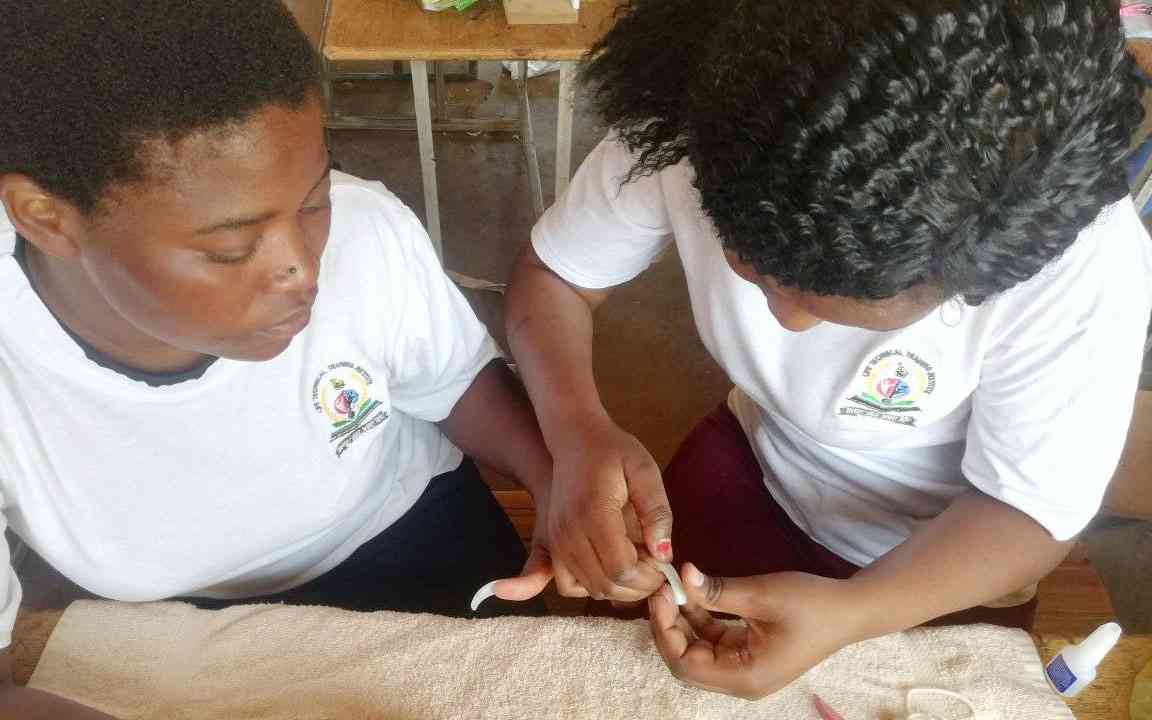
The growth and development of artificial intelligence (AI) is truly remarkable and changing how we do business. We are surrounded, swamped and inundated by Big Data defined by volume, velocity, variety, and volatility. Traditional means of leading are quickly being thrown off the shelf. When winds of change are blowing, they are usually not welcome by the previous generation. The previous generation is quick to dismiss new ways, because what they know are old systems.
Intentionally disrupt
Leaders that have disrupted systems are those who are not afraid to think. They are not content with past wins, they find new ways to live a legacy. At times such people make a lot of mistakes, but still these are the same people who realise that if it is not them, who can make things work?
The young have the way
If you try to play a game on a computer or phone against a young person or child they might beat you to it badly. The child knows the trick that you don’t know. Their mind is nimble enough to pick new details. If you want to keep abreast, play with a child and learn from the young ones. This will enable leaders to pick the direction of the future. I am so lucky to have seen Facebook and Myspace come on the market. Some people used to say that these were temporary. Some people were quick to say these were diabolic tools that we should not embrace. Look now, these have inevitably become part of our lives. All those tools were embraced by young people mainly.
Re-modelling
Change in technology makes some systems obsolete and that calls for re-modelling. Without changing models as leaders, we face stagnation and retrogression. People should not be stuck in old models. Companies must look for means to learn quickly and be agile all the time. This makes them quick to see signs of change.
Systems thinking
- Public relations: How artificial intelligence is changing the face of PR
- Poor climate adaptation creates mental health, nutrition challenges
- Public relations: How artificial intelligence is changing the face of PR
- PPC bullish after Zim forex bonanza
Keep Reading
This is one important leadership trait. At this point the leader’s creativity integrates all parts of an organisation. It brings all the disciplines and talent together. As individuals we are just but like a maize morsel. Together, like maize, we add up to make silos. As Herman Melville once said “We cannot live for ourselves alone. Our lives are connected by a thousand invisible threads, and along these sympathetic fibres, our actions run as causes and return to us as results.”
A great leader understands that great goals cannot be accomplished by one person, but by a good team. A team is made up of different individuals and the role of the leader is to glue together all the individual people’s potentials towards one great goal; winning. Like part of a puzzle, everyone should fit squarely where they perform their best to necessitate a smooth flow and for the benefit of the whole entity. The ultimate role of a leader is to creatively bring all the cogs together.
Re-engineering the economy
We need to re-think rigid industrial systems if we are to see change in this era of AI. What worked yesterday, might not work today. As we enter AI and quantum computing, we need to re-engineer our thinking. We need to think about automation, robots, and idea generation. Jeremy Kourdi (2015: 218) in the book The Big 100 says, “If companies are to succeed and achieve more during times of volatility, opportunity and change, they need to be learning organisations where everyone and every function are encouraged and supported to continuously adapt and improve”.
Open mindedness
I wonder if many companies really understand why they employ people. They are not only employed to perform a particular function, but to bring ideas. The danger of employing someone to perform a specify duty is that when new things come, their expertise might not be needed. Worse still, the future we are entering into is becoming seriously automated. Which means, what you used to do with your own hands might be replaced by a robot. So, allow people to use their minds to develop your company. Allow them to make mistakes (this is called disruptive leadership) as they flex their mental muscles. Challenge them to generate more ideas and concepts.











